Keynote Speakers
Johanna Burton is Director of the Wexner Center for the Arts in Columbus, Ohio.
Burton has curated or cocurated exhibitions including Sherrie Levine: Mayhem at the Whitney Museum of American Art, New York (2011); Haim Steinbach: once again the world is flat at the Center for Curatorial Studies at Bard College, Annandale-on-Hudson, New York (2013); Take It or Leave It: Institution, Image, Ideology at the Hammer Museum, Los Angeles (2014); and, at the New Museum in New York, XFR STN (2013), Cheryl Donegan: Scenes and Commercials (2016), Simone Leigh: The Waiting Room (2016), A.K. Burns: Shabby but Thriving (2017), and Trigger: Gender As a Tool And A Weapon (2017), among other projects.
She is the editor of Cindy Sherman (October Files, MIT Press, 2006); coeditor, with Shannon Jackson and Dominic Willsdon, of Public Servants: Art and the Crisis of the Common Good (New Museum and MIT Press, 2016); coeditor, with Reina Gossett and Eric A. Stanley, of Trap Door: Trans Cultural Production and the Politics of Visibility (New Museum/MIT, 2018); and coeditor, with Lisa Phillips, Alicia Ritson, and Kate Wiener, of Out of Bounds: The Collected Writings of Marcia Tucker (Getty Research Institute, 2019).
Prior to joining the Wexner Center, Burton held curatorial and educational positions at the New Museum, the Center for Curatorial Studies at Bard College, and the Whitney Museum’s Independent Study Program. Burton was a CCL (Center for Curatorial Leadership) Fellow in 2019.
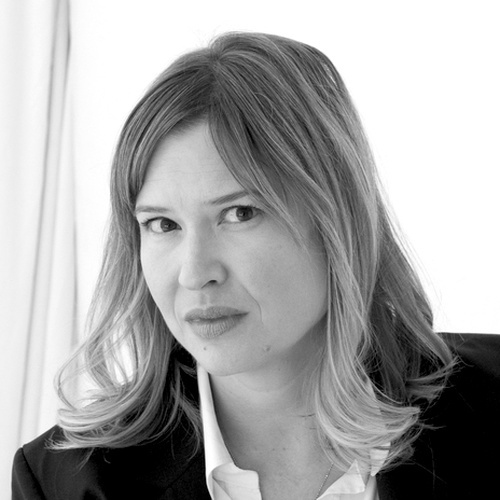
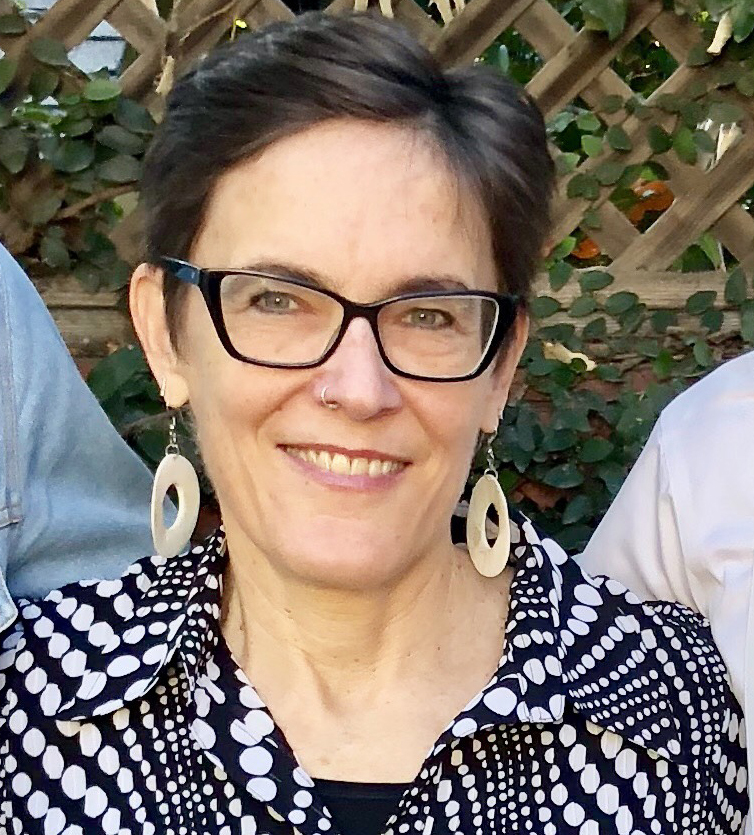
Amelia Jones is the Robert A. Day Professor and Vice Dean of Research at the Roski School of Art and Design at University of Southern California. A feminist curator and a theorist and historian of art and performance, her recent publications include Seeing Differently: A History and Theory of Identification and the Visual Arts (2012), Perform Repeat Record: Live Art in History (2012), co-edited with Adrian Heathfield, the edited volume Sexuality (2014), and, co-edited with Erin Silver, Otherwise: Imagining Queer Feminist Art Histories (2016). Her exhibition Material Traces: Time and the Gesture in Contemporary Art took place in 2013 in Montreal and she programmed the events Trans-Montréal (2015) in that city, followed by a related publication “On Trans/Performance,” a special issue of Performance Research (2016). Her Live Artists Live performance and conference program took place at USC in 2016. Jones is currently working on a retrospective of the work of Ron Athey and a book tentatively entitled In Between Subjects: A Critical Genealogy of Queer Performance.
Michelle Kuo is the Marlene Hess Curator of Painting and Sculpture at the Museum of Modern Art. She has organized exhibitions including New Order: Art and Technology in the Twenty-First Century, The Shape of Shape: Artist’s Choice—Amy Sillman, and Le Corbusier and the Synthesis of the Arts. Kuo is the author of essays on the work of Robert Rauschenberg, Jeff Koons, and Lynn Hershman Leeson, among others; has lectured widely at institutions including the Centre Pompidou and the Central Academy of Fine Arts in Beijing; contributes to publications such as October and The Art Bulletin; has served on numerous international juries and panels; and is currently Critic at the Yale School of Art. Kuo was the Editor in Chief of Artforum International from 2010–2017. She received her PhD in History of Art and Architecture from Harvard University; her dissertation focused on the postwar organization Experiments in Art and Technology.
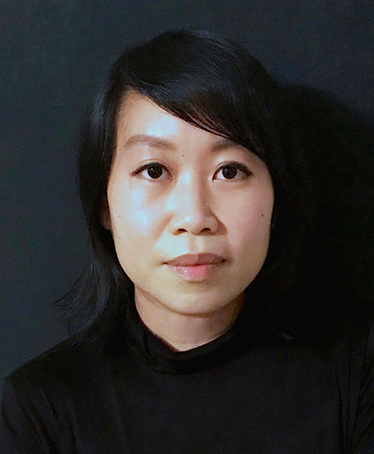
Roundtable Scholars
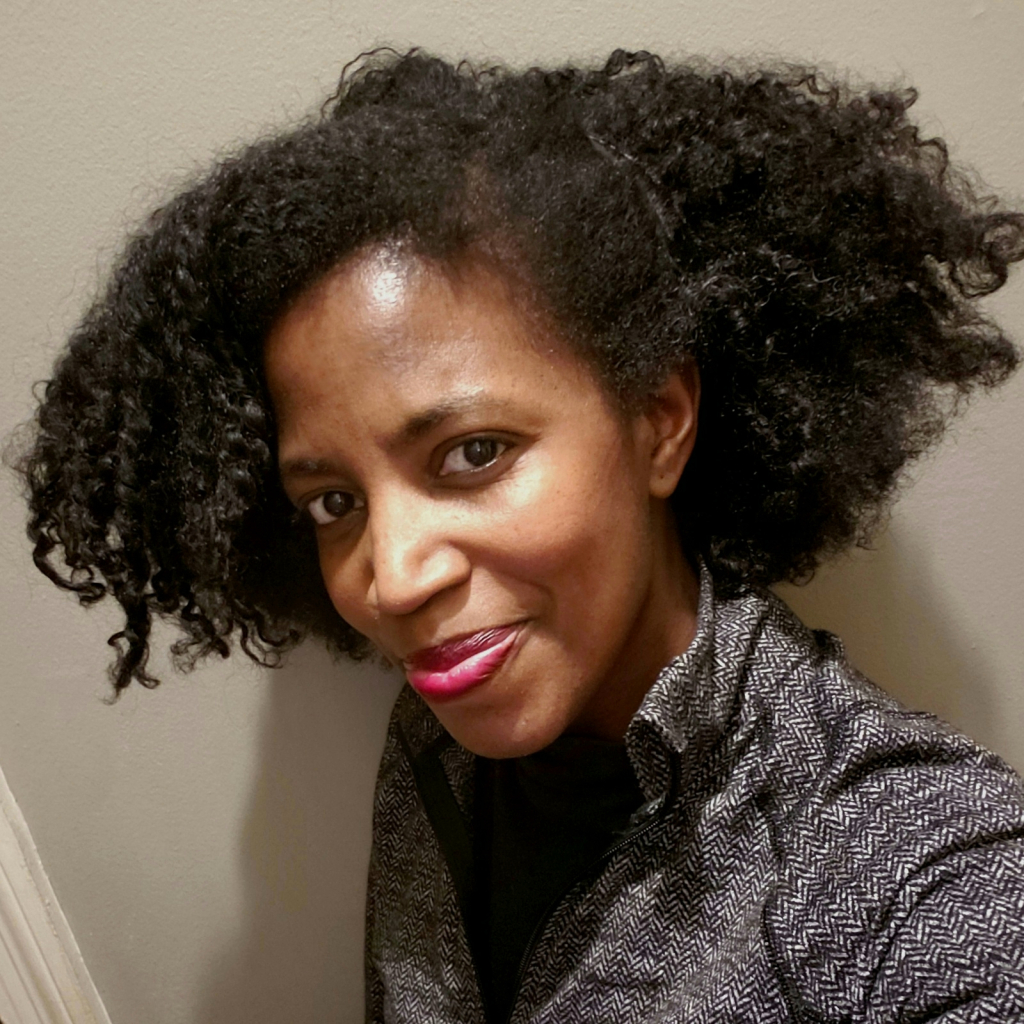
La Tanya S. Autry has organized exhibitions and programming at the Museum of Contemporary Art Cleveland, Yale University Art Gallery, Artspace New Haven, Mississippi Museum of Art, and other institutions. Through her graduate studies at the University of Delaware, where she is completing her Ph.D. in art history, Autry has developed expertise in the art of the United States, photography, and museums. Her dissertation The Crossroads of Commemoration: Lynching Landscapes in America, which analyzes how individuals and communities memorialize lynching violence in the built environment, concentrates on the interplay of race, representation, memory, and public space.
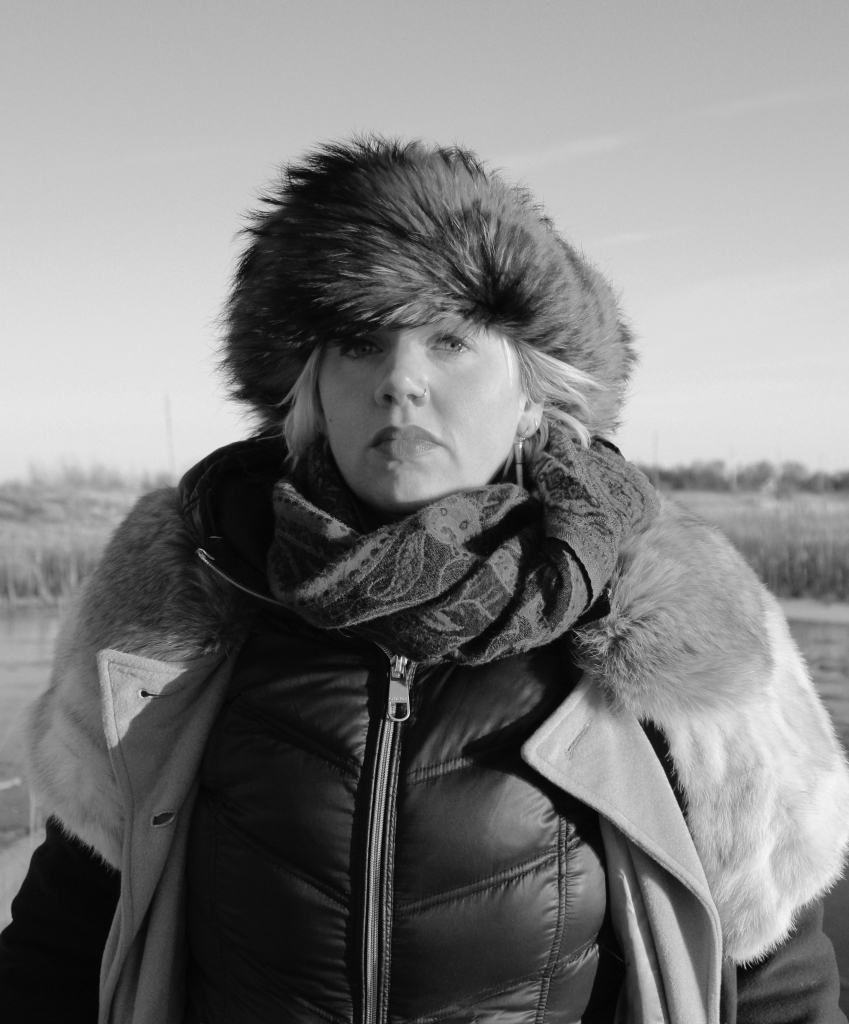
Heidi Wiren Bartlett is an interdisciplinary performance artist from the Great Plains. Her work is concerned with the portrayal, oppression and subversive existence of women in America today. She is a co-founder of the Propelled Animals, a transdisciplinary art and social justice collective. Her performances, installations, and pedagogy are informed by her work with Oliver Herring, Hans Breder, and La Pocha Nostra. She received an MA and MFA in Intermedia from the University of Iowa; her work has been exhibited nationally and internationally including Grace Exhibition Space, Wassaic Project, Vox Populi, Bemis Center for Contemporary Art, and DFRL8R Performance Art Gallery. She has been nominated for the United States Artists (USA) Fellowship, awarded an Iowa Arts Council Project Grant, and is a recent recipient of a MAP Fund Grant and residency with the STUDIO for Creative Inquiry for TRANSMISSION, a collaborative performance project debuting in 2020 at the Kelly Strayhorn Theater in Pittsburgh. Bartlett is currently an Instructor and Designer at Carnegie Mellon University.
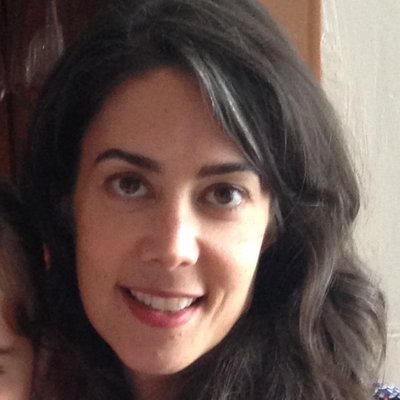
Juliet Bellow is Associate Professor of Art History, American University. Her research centers on visual artists’ experimentations with intermediality in the late nineteenth and early twentieth centuries. Her book Modernism on Stage: The Ballets Russes and the Parisian Avant-Garde, published in 2013 by Ashgate Press, analyzes set and costume designs by Pablo Picasso, Henri Matisse, Sonia Delaunay and Giorgio de Chirico for Serge Diaghilev’s Ballets Russes troupe. She also served as Consulting Scholar for the 2013 exhibition “Diaghilev and the Golden Age of the Ballets Russes: When Art Danced With Music.” She has recent or forthcoming essays in several peer-reviewed journals, as well as exhibition catalogues on Auguste Rodin, Sonia Delaunay, Merce Cunningham, and Claude Debussy. She is currently serving a three-year term as Editor-in-Chief for caa.reviews, the College Art Association’s online reviews journal. Bellow’s current book project, entitled Rodin’s Dancers: Moving Toward the Limits of Sculpture, is the first in-depth study of the artist’s engagement with dance, and the first to examine the intertwined histories of dance and sculpture at a pivotal moment in the development of both media. She is also working on an article about the display of dance in art museums.
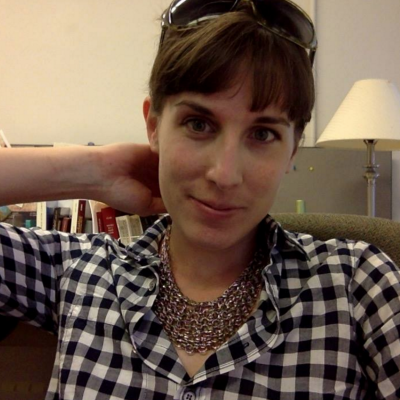
Sarah Bond is Associate Professor of History at the University of Iowa. She is interested in late Roman history, epigraphy, late antique law, Roman topography and GIS, Digital Humanities, and the socio-legal experience of ancient marginal peoples. She received her PhD in History from the University of North Carolina at Chapel Hill (2011) and obtained a BA in Classics and History with a minor in Classical Archaeology from the University of Virginia (2005). Her book, Trade and Taboo: Disreputable Professionals in the Roman Mediterranean, was published by the University of Michigan Press in 2016.
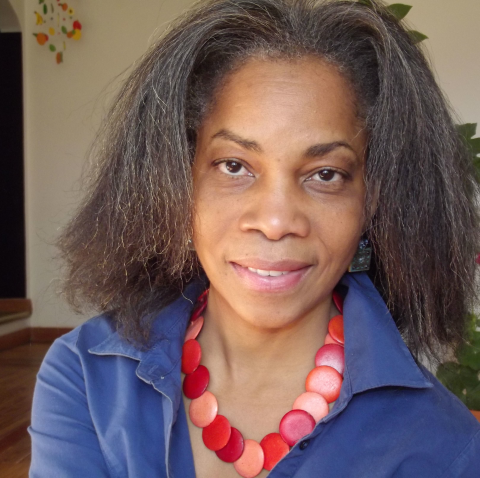
Anny-Dominique Curtius is Associate Professor of Francophone studies at the University of Iowa. Her research is interdisciplinary as it circulates at the crossroads of Francophone studies (Caribbean, the Indian Ocean, and Sub-Saharan Africa); postcolonial ecocriticism; museum studies; critical ocean studies; comparative Caribbean critical theory; visual, cinematic, and performing arts; and intangible cultural heritage in the Global South and UNESCO. In the area of comparative Caribbean cultural studies, she is the author of Symbioses d’une mémoire: Manifestations religieuses et littératures de la Caraïbe [Symbioses of a Memory: Religious Manifestations and Caribbean Literatures] (2006), and numerous articles in journals and edited volumes in the domains aforementioned. Her book Suzanne Césaire. Archéologie littéraire et artistique sur une mémoire empêchée [Suzanne Césaire. Literary and Artistic Archaeology on a Troubled Memory] is forthcoming in 2020. Her book manuscript in progress focuses on the iconography of trauma and memory in slavery museums and memorials.
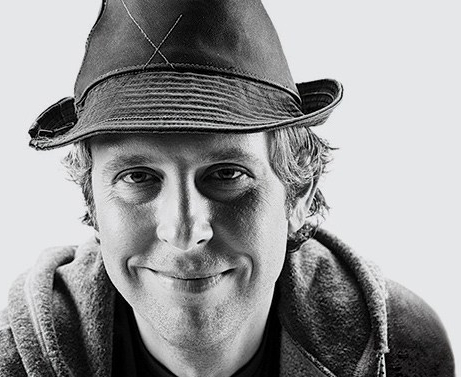
Lane Czaplinski is Director of Performing Arts at the Wexner Center for the Arts at The Ohio State University. Prior to his move to Columbus, Ohio, he served as the artistic director of the contemporary performing arts center, On the Boards, in Seattle for fifteen years. Under his leadership, the organization commissioned and produced over 80 new multidisciplinary performance works and nurtured regional artists to make new works that garnered national funding and touring opportunities. One of Czaplinski’s signature initiatives, OntheBoards.tv, expanded the audience for On the Board’s programming through HD-quality performance films, attracting an international subscriber base of universities and arts enthusiasts. His efforts won Czaplinski several awards, including a Genius Award from Seattle’s The Stranger, and led the New York Times to declare On the Boards “one of America’s best theaters for contemporary performance.”
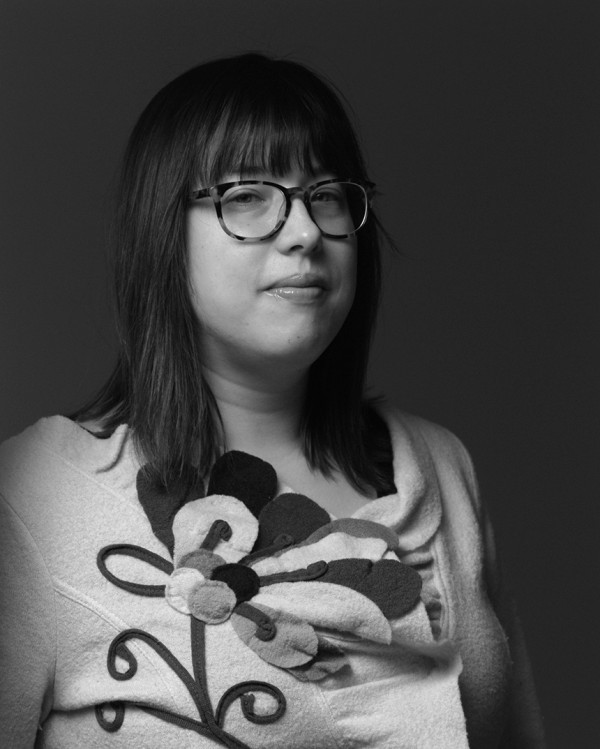
Kimberly Musial Datchuk has a PhD in art history with a specialty in nineteenth-century European art. As the Curator of Learning and Engagement at the University of Iowa Stanley Museum of Art, she connects the museum to campus life through teaching, research, and programming. Her research and curatorial interests include institutional critique and the intersection of art, gender, sexuality, and technology, particularly in fin-de-siècle France. She has presented her research throughout the United States, as well as France, England, and Poland.
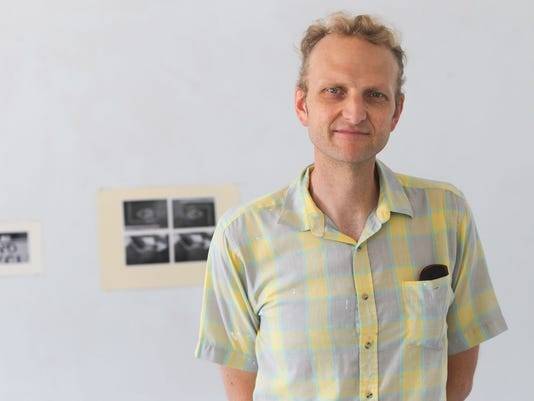
John Engelbrecht is the Director of Iowa City’s Public Space One—an artist-led, community-driven, contemporary art center. Since receiving his MFA from the University of Iowa in 2009, he has continued to be engaged in the Iowa City arts community, creating, managing, and sustaining many socially engaged art programs, such as Free @rt School, Iowa City Community Supported Art, The Seagull Society, SOUP, ps*z & the Zenzic Press, and the Works-in-Progress Festival. Over 60 local, national, and international exhibitions have happened in his tenure at PS1, along with a near daily program of performances, dialogues, workshops, residencies, and other ongoing events. He is also a member of the James Gang and the City of Iowa City’s Public Art Advisory Committee.
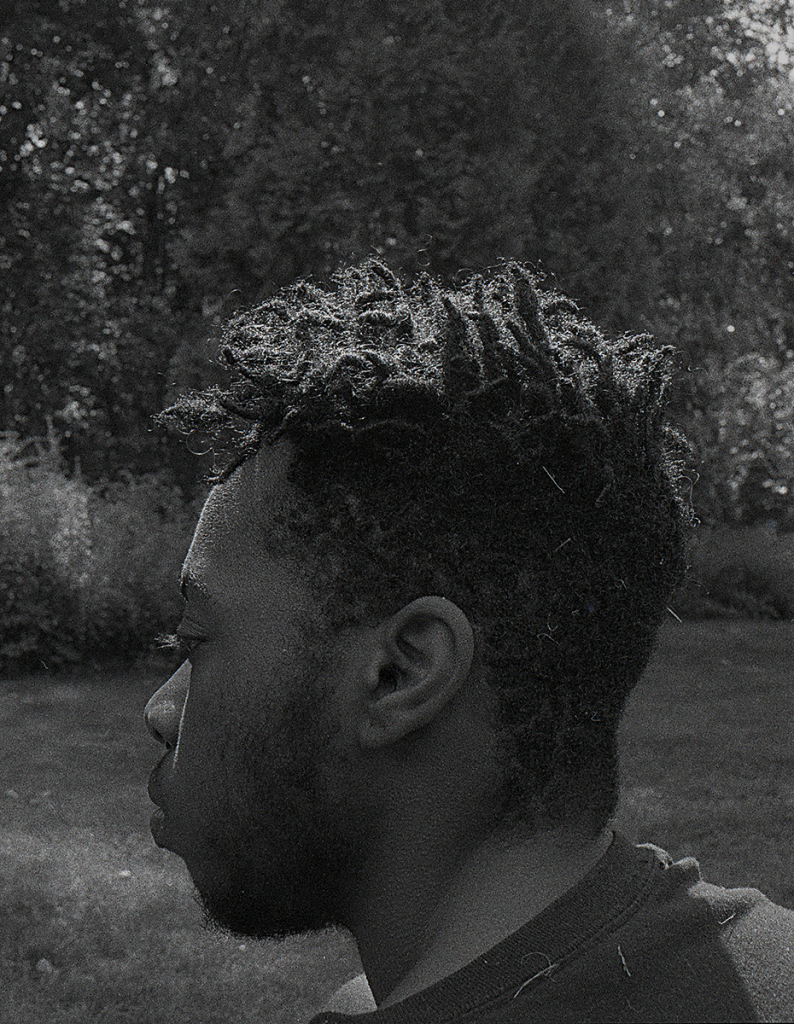
Anaïs Duplan is a trans* poet, curator, and artist. He is the author of a forthcoming book of essays on black art and creativity, Blackspace (Black Ocean, 2019), a full-length poetry collection, Take This Stallion (Brooklyn Arts Press, 2016), and a chapbook, Mount Carmel and the Blood of Parnassus (Monster House Press, 2017). His writing has been published by Hyperallergic, PBS News Hour, the Academy of American Poets, Poetry Society of America, and the Bettering American Poetry anthology. Duplan is the founding curator for the Center for Afrofuturist Studies, an artist residency program for artists of color, based in Iowa City. As an independent curator, he has facilitated artist projects in Chicago, Boston, Santa Fe, and Reykjavík. Duplan’s video and performance work has been shown at Flux Factory, Daata Editions, the 13th Baltic Triennial in Lithuania, Mathew Gallery, NeueHouse, the Paseo Project, and will be exhibited at the Institute of Contemporary Art in LA in 2020. He was a 2017–2019 joint Public Programs Fellow at the Museum of Modern Art and the Studio Museum in Harlem. He now works as Program Manger at Recess.
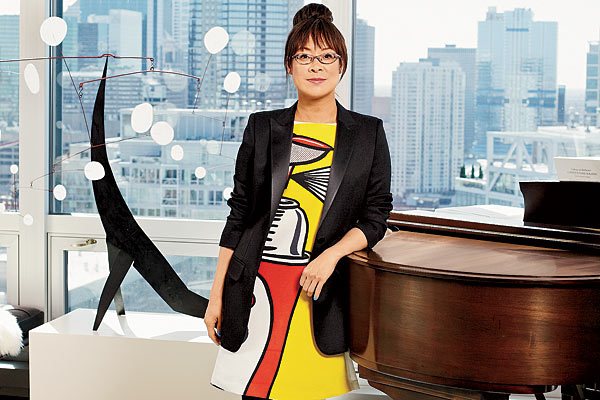
Lisa Yun Lee is Director of the National Public Housing Museum and Associate Professor of Art and Art History, Museum and Exhibition Studies, and Gender and Women’s Studies at the University of Illinois–Chicago. She is also the co-founder of The Public Square at the Illinois Humanities Council, an organization dedicated to creating spaces for dialogue and dissent and for reinvigorating civil society. She has published a book on Frankfurt School philosopher Theodor Adorno titled Dialectics of the Body: Corporeality in the Philosophy of Theodor Adorno (Routledge, 2004), and researches and writes about museums and diversity, cultural and environmental sustainability, and spaces for fostering radically democratic practices. Lee received her BA in religion from Bryn Mawr College and a PhD in German Studies from Duke University. She is Co-Chair of the Executive Committee of the Institute for Research on Race and Public Policy at UIC, and she serves on the national boards of the American Alliance of Museums, Imagining America: Artists & Scholars in Public Life, the Ms. Magazine Advisory Board, and the boards of Rebuild Foundation, the National Public Housing Museum, Young Chicago Authors, 3Arts, and the International Contemporary Ensemble.
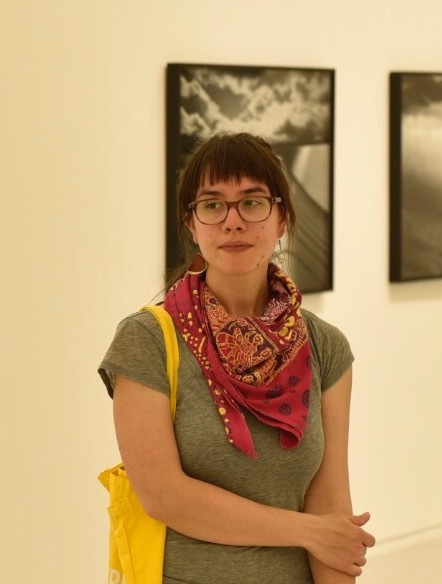
Kalmia Strong is the Program Director at Public Space One, where she works to instigate and support experimental, cooperative, and community-based art practices and resources including the Center for Afrofuturist Studies, the Iowa City Press Co-op, and the lowercase zine library. Strong is a bookmaker, organizer, artist, and educator, and serves as the Book Arts Editor for Prompt Press, the Creative Coordinator for the University of Iowa Libraries, and an adjunct lecturer at the University of Iowa Center for the Book. Her practice focuses on collaboration, interaction, and participation and the role of book objects and practices in cultural resistance and social change; it manifests in community workshops and events, academic courses, exhibitions, installations, and collaboratively produced publications.
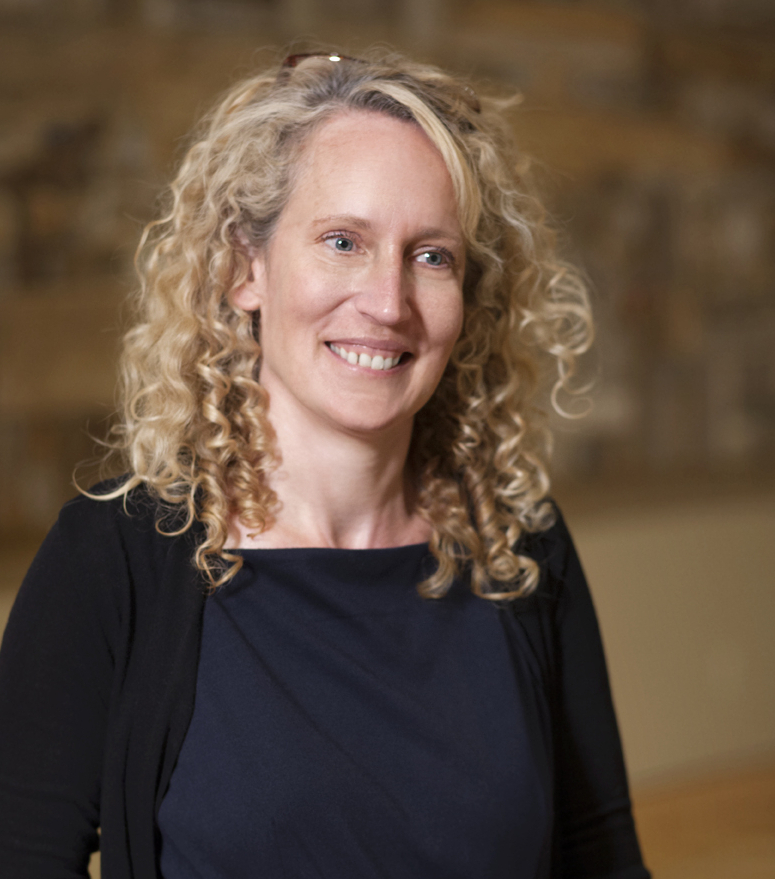
Jill Ahlberg Yohe is the associate curator of Native American Art at the Minneapolis Institute of Art (Mia). In 2008, Ahlberg Yohe received her PhD from the University of New Mexico; her dissertation focused on the social life of weaving in contemporary Navajo life. Along with Teri Greeves, Ahlberg Yohe is the co-curator of Hearts of Our People: Native Women Artists. At Mia, Ahlberg Yohe seeks new initiatives to expand understanding and new curatorial practices of historical and contemporary Native art.